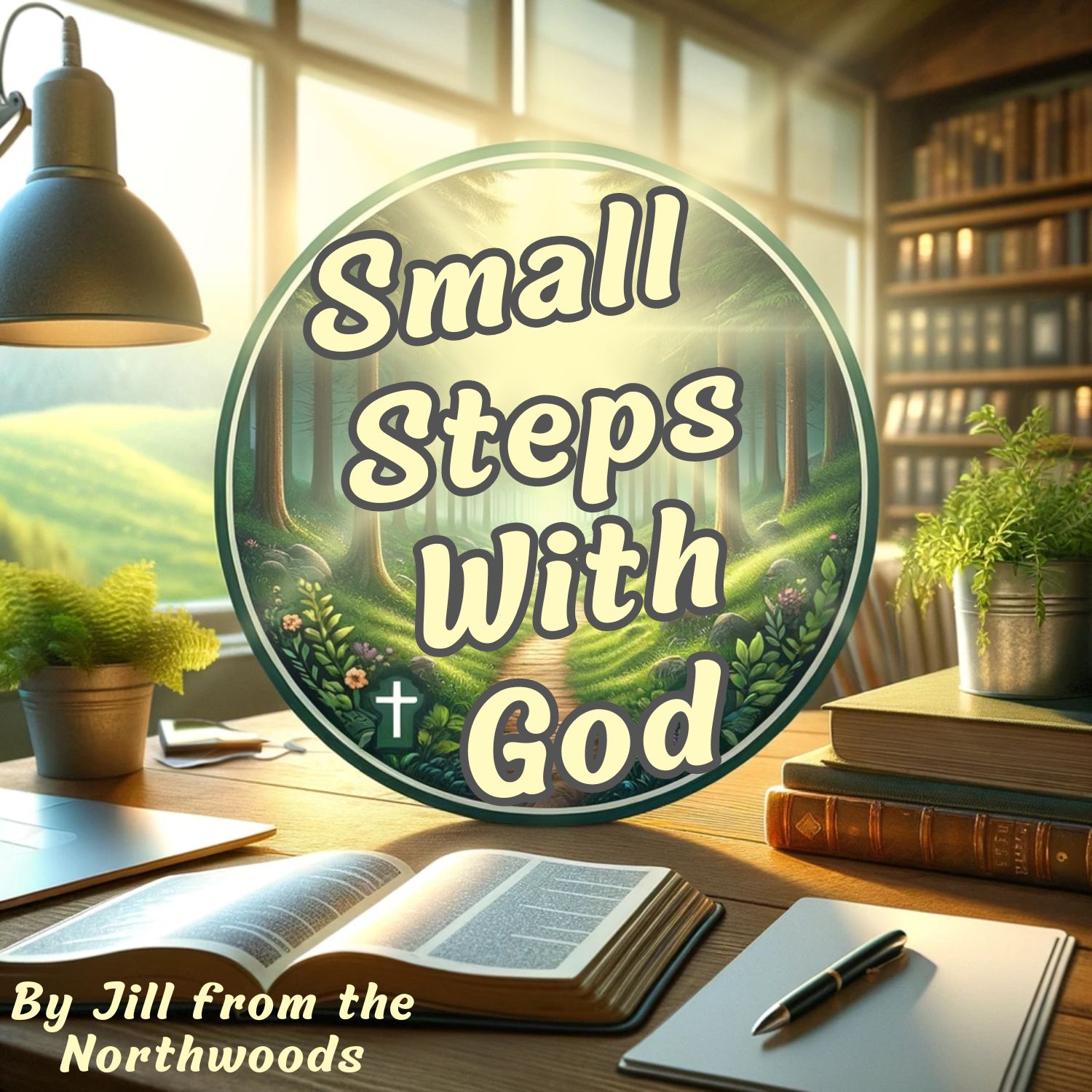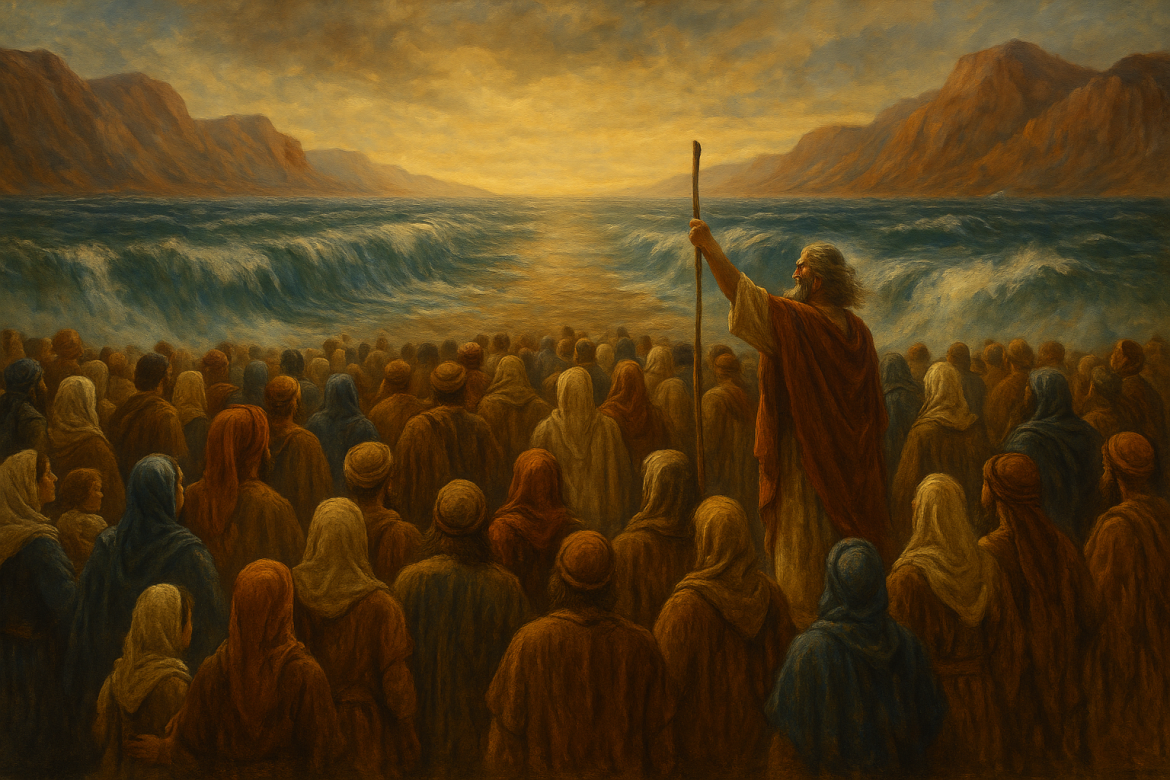Introduction: When Life Hits a Dead End
Have you ever faced a moment when life felt like a dead end? Maybe you lost your job, your health faltered, or family troubles left you gasping for air. These aren’t just frustrating moments—they’re the places where faith is tested most. Inspired by The Red Sea Rules by Robert J. Morgan, this reflection unpacks two foundational truths that can help navigate life’s hardest challenges, grounded in the story of the Israelites trapped at the Red Sea. The lesson? God provides a way even when none seems possible.
The Wilderness is Not Chaos—It’s a Setup
Morgan begins his teaching in the wilderness—not just a place of physical desolation but a spiritual and emotional metaphor found throughout the Bible. The wilderness isn’t random; it’s purposeful. When the Israelites stood trapped between the Red Sea and Pharaoh’s army, it wasn’t a tactical mistake—it was God’s plan.
This echoes something hikers often experience: being unsure if they’re still on the trail. Without marked paths, it’s easy to feel disoriented. Spiritually, we feel the same when we’re in a tough situation and can’t see a way out. But God always knows where we are. The first of Morgan’s rules reminds us: “Realize that God means for you to be where you are.”
This truth can feel tough. Why would a loving God lead someone into a job loss, a chronic illness, or family discord? Morgan reminds us that suffering, while painful, can be transformative. It builds resilience, faith, and often positions us to help others. The same God who led the Israelites into the desert also led them out. Our hardships, whether brought by our own decisions or circumstances beyond our control, aren’t wasted. They are stages for growth—and sometimes, for miracles.
Sheep, Panic, and Trust
One of the most relatable analogies in this reflection is the comparison to sheep—easily frightened, quick to scatter, but comforted by a shepherd’s presence. It’s not about intelligence; it’s about behavior in crisis. Like sheep, we panic. We want to fix things ourselves. When that doesn’t work, we spiral into worry.
But as Bishop Fulton Sheen said, “Worry is a form of atheism.” It suggests we don’t trust God’s ability to lead us. When fear hits, remembering that God brought us to a specific place for a reason can be calming. He sees the full map when we can only see the valley.
Rule 2: God’s Glory Over Our Relief
The second rule Morgan emphasizes is deeply counterintuitive: “Be more concerned for God’s glory than for your relief.” In a culture focused on comfort, this teaching challenges us to rethink our prayers and expectations.
When Pharaoh mocked the Israelites’ predicament, thinking he had won, God was preparing to show His power. The Red Sea was not a trap—it was a stage for divine glory. God wanted to reveal Himself, not just to Israel, but to Egypt too. This wasn’t about punishment but about testimony.
God’s glory isn’t about ego. It’s about revelation. Jesus’s healings drew crowds because they showed who He was. Yet He didn’t heal everyone. Paul’s thorn remained. Sometimes endurance itself is the testimony.
Your Story is Your Own
Another powerful reflection in this message is the recognition that we each walk a unique spiritual path. Looking at someone else’s journey and asking, “Why not me?” misses the point. Just as Aslan told Prince Caspian in C.S. Lewis’s Prince Caspian, “That story is about them. This story is about you.”
Everyone has different beginnings and obstacles. Some grow up with stable families and others with pain or loss. The point is not fairness but formation. Who we become is shaped by these unique paths—and in each, God is present.
Learning from Biblical Examples
Scripture is filled with stories that echo this pattern: hardship followed by God’s rescue or redemption. Hagar received hope in the desert. Jacob, a flawed man, was still part of God’s plan. Joseph’s betrayal led to a pivotal role in saving nations. Hezekiah’s faith led to ingenious survival under siege. And Jesus—perfect and obedient—walked willingly to the cross.
Each story points to the same truth: God’s plans often involve suffering, but they always lead somewhere greater.
Faith Isn’t a Quick Escape—It’s a Long View
When we think of deliverance, we often hope for quick relief. But Morgan and Scripture point to a deeper truth. God’s help may not come in the form of a quick fix, but in the form of strength to endure. He walks with us, shaping us for eternity. As the message emphasizes, “We started in paradise and end in paradise,” and God is with us every step of the journey.
Even our failures don’t disqualify us. God uses them to grow us. We overspend, neglect our health, or make poor choices—and yet, God redeems even these. Forgiveness is already given. What matters now is whether we’ll let God shape us through it.
Takeaways for Today
- Reframe hardship as purpose-driven – You’re not lost. You’re being led.
- Worry is natural, but trust is powerful – Remember who’s holding the map.
- Seek God’s glory, not just comfort – It may not be about your relief, but your witness.
- Your story is uniquely yours – Don’t compare. Walk your path faithfully.
- Endurance matters – God’s long view includes today’s struggle and tomorrow’s victory.
Conclusion: Small Steps and a Steady Hand
As the podcast host says, our way forward begins with small steps and God holding our hand. Life’s hardest moments often contain the seeds of our most powerful growth. Whether you’re feeling boxed in by life’s circumstances or struggling with worry, remember: you’re not alone, and you’re not off-course. God is with you—right here, right now. He sees the full picture, and He will make a way.

